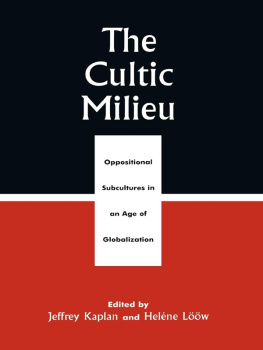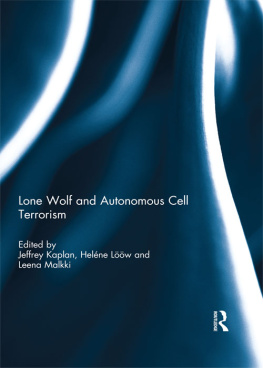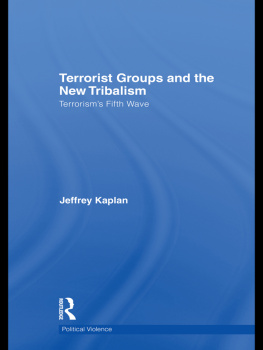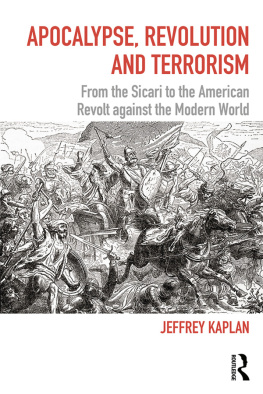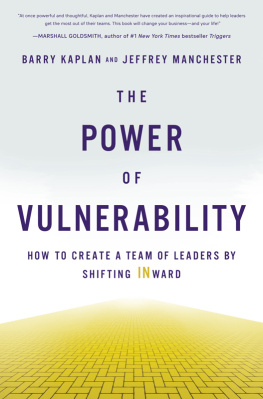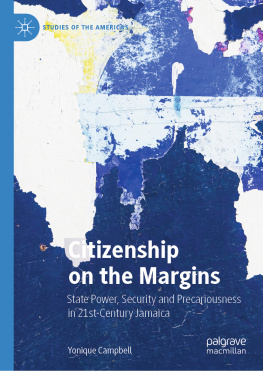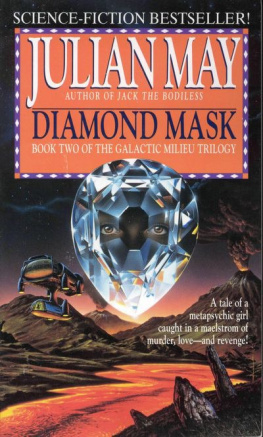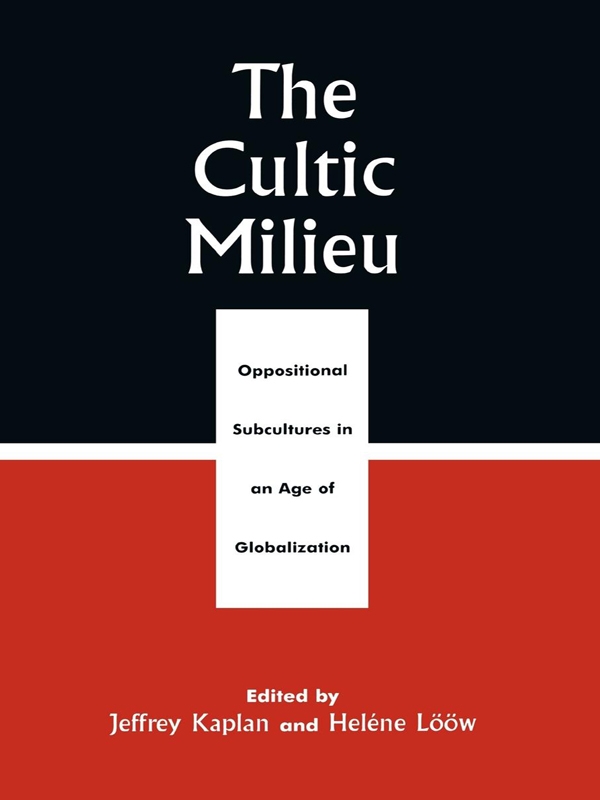About the Contributors
Mattias Gardell is a researcher with the Center for Migration Studies (CEIFO) at Stockholm University. He is the author of In the Name of Elijah Muhammad: Louis Farrakhan and the Nation of Islam (1996) and Gods of Blood (forthcoming).
Massimo Introvigne is Managing Director of CESNUR, the Center for Studies on New Religions, in Torino, Italy, and the author or coauthor of thirty books in Italian (some translated into French and German) on new religious and magical movements, including the monumental Enciclopedia delle religioni in Italia ( Encyclopedia of Religions in Italy, 2001).
Jeffrey Kaplan is an assistant professor of Religion at the University of Wisconsin, Oshkosh and is the author of Encyclopedia of White Power: A Source-book on the Radical Racist Right (2000); Radical Religion in America: Millenarian Movements From the Far Right to the Children of Noah (1997) and Beyond The Mainstream: The Emergence Of Religious Pluralism In Finland, Estonia And Russia (2000). He is coauthor with Leonard Weinberg of The Emergence of an Euro-American Radical Right (1998) and coeditor with Bron Taylor of the Encyclopedia of Religion and Nature (forthcoming). He has published several anthologies as well as a number of articles on the far right and other millenarian movements which have appeared in such journals as Terrorism and Political Violence, Christian Century and Nova Religio.
Lszl Krti is professor of political science and social anthropology at the University of Miskolc, Hungary, and author of two books on east-central European culture, politics and nationalism: The Remote Borderland: Transylvania in the Hungarian Imagination, and Beyond Borders: Remaking Cultural Identities in the New East and Central Europe coedited with Juliet Langman. He is currently secretary of the European Association of Social Anthropologists (EASA).
Helne Lw has a Ph.D. in history from Gothenburg University. From 1994 to 1997 she was at CEIFO, Stockholm University, and in 1996, she was appointed to the National Council of Crime Prevention in Stockholm, Sweden. She has published two books and numerous articles about national socialism, racism, anti-Semitism, religious and political violence, and women in the radical right. She has contibuted to journals such as the Scandinavian Journal of History, Terrorism and Political Violence, and Journal of Scandinavian Studies in Criminology and Crime Prevention. She has also contributed to Modern Europe after Fascism 1943-1980, edited by Stein Uglevk Larsen, as well as Nation and Race. The developing Euro-American Racist Subculture edited by Jeffrey Kaplan and Tore Bjrgo.
J. Gordon Melton is the director of the Institute for the Study of American Religion in Santa Barbara, California and a research specialist with the Department of Religious Studies at the University of California, Santa Barbara. He is the author more than twenty-five books, including the Encyclopedia of American Religions (sixth edition, 1999) and he is coeditor of the Religions of the World: A Comprehensive Encyclopedia of Beliefs and Practices (2002).
Timothy Miller is a professor of Religious Studies at the University of Kansas. His academic research has focused on alternative religions and communal movements. He has written, coauthored, or edited eight books, including When Prophets Die: The Postcharismatic Fate of New Religious Movements, Americas Alternative Religions, The Hippies and American Values, The Quest for Utopia in Twentieth-Century America, and The 60s Communes .
Frederick J. Simonelli received his Ph.D. in history from the University of Nevada, Reno. He is currently associate professor of History and chair of the Department of History And Political Science at Mount St. Marys College in Los Angeles. He is the author of American Fuehrer: George Lincoln Rockwell and the American Nazi Party.
Bron Taylor is Oshkosh Foundation Professor of Religion, and director of environmental studies at the University of Wisconsin, Oshkosh. He is the author of Affirmative Action at Work: Law, Politics, and Ethics, and editor of Ecological Resistance Movements: The Global Emergence of Radical and Popular Environmentalism. He is coediting the forthcoming Encyclopedia of Religion and Nature with Jeffrey Kaplan.
Laird Wilcox is coauthor with John George of Nazis, Communists, Klansmen And Others on the Fringe , an award-winning account of American extremist groups. He is also founder of the Wilcox Collection on Contemporary Political Movements in Spencer Research Library at the University of Kansas. The Wilcox Collection, founded in 1965, is one of the largest collections of its kind and is regularly used by researchers and scholars. Mr. Wilcox also publishes two annual guides: The Guide To The American Right: Directory and Bibliography, and The Guide To The American Left: Directory and Bibliography.
CHAPTER 1
Introduction
Jeffrey Kaplan and Helne Lw
When the British sociologist Colin Campbell first published his theory of the cultic milieu, which is reprinted in its entirety in this volume,
Today, the academic literature and the popular press have focused on the ongoing process of globalizationa process facilitated by the end of the Cold War and the revolution in computer-based technology. The European Union has adopted a common currency, while its member states have increasingly ceded sovereignty to the European parliament in Brussels and Strasbourg and to an emerging new aristocracy of bureaucrats (or Eurocrats, to use the more common terminology). All this would have been undreamed of by Colin Campbell in 1972.
What would come as no surprise, however, was that globalization would have impacted the cultic milieu of its day, and that from these esoteric reaches, an oppositional counterculture would emerge to challenge the forces of globalization in the dominant culture. 1972 we should recall, was a time of considerable oppositional ferment. The antiwar movement in the United States and Europe had reached new heights of militancy, helping to force American withdrawal following the January 1973 Cease Fire accords. The first Earth Day occurred in 1970, This was the golden age for underground mail-order companies and street corner activists.
The antiglobalization movement of the early years of the twenty-first century, like its 1960s and 1970s era antecedents, is built of a bricolage Although, perhaps, less true of the 1970s than the 1960s, the oppositional forces whose passionate protests helped to doom an unpopular war and end American military conscription formed a mass movement of disaffected young people in the Western world whose passion was devoted to a few key issues: the antiwar movement, radical ecology, sexual liberation, or simply moving back to the land to form communal societies hoping to create ecological utopias. These endeavors were products of the dreams of large numbers of young people in North America and Western Europe, where the political, economic, technological and cultural structures converged to facilitate the emergence of these forms of large-scale protest.
No mass movement existed, and none was on the horizon, in late 1999 when the World Trade Organization (WTO) met in Seattle. Seattle was a large but laid-back, touristy town on the American West Coast heretofore known primarily for its cappuccino and for grunge musica sound typified by the late Kurt Cobain and his band, Nirvana. The sound spawned a host of imitators, many of whom remainwhen their various problems with heroin and alcohol allowvery much at the top of the pop charts. The town was completely unprepared for the appearance of a large crowd of antiglobalization protestors representing a bewildering variety of seemingly unrelated causesanarchists of various hues,

